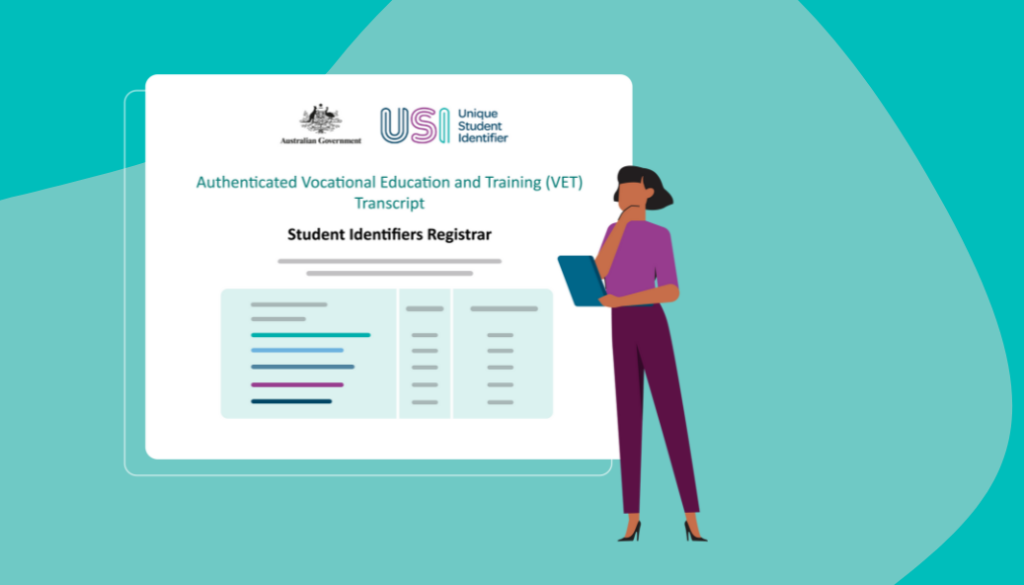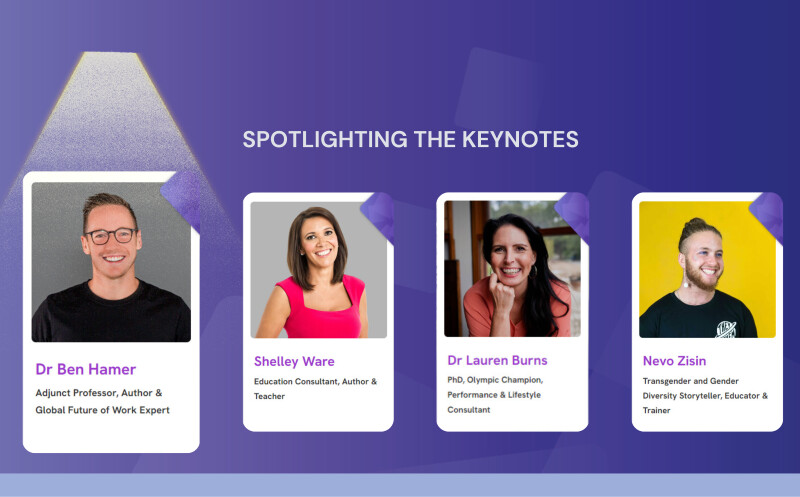Mark McCrindle’s organisation, McCrindle Research, has recently completed a piece of work for the Victorian TAFE Association titled ‘The TAFE Value and Perception Challenge’. It aims to provide insights “into the perception challenges facing TAFE in Victoria, the present opportunities to build on its rich history and its significant impacts in equipping the Victorian workforce.”
It is based on a survey of 1,000 Victorians from Generation Z, their parents and HR leaders in companies, as well as interviews with careers advisers. Usefully, it explores a number of the myths surrounding VET, and TAFE in particular, by addressing the differences between those myths and reality.
The report tells us that by 2026 9 in 10 jobs will require a post-school qualification, and 4 in 5 future jobs are attainable via a TAFE education. TAFE also offers access to 81 out of the top 100 fastest-growing occupations in Victoria. Over the upcoming years, Aged and Disabled Carers are expected to experience the most significant growth followed by General Clerks and Software and Applications Programmers and Registered Nurses. However, as we know, parents and other key influencers continue to prefer university as a post-school pathway.
McCrindle’s research found that “66% of Victorian parents extremely or very likely to encourage their child to explore a university pathway, compared to 56% of parents who would encourage their child to explore a TAFE pathway. TAFE does have a stronger reputation with parents than Private Registered Training Organisations (RTOs), with just 29% of parents extremely or very likely to encourage their child to explore a pathway with an RTO.”
Careers advisors also revealed that parental preference for university is driven by perceived social status or the belief that a university degree opens greater opportunities. In addition, “currently, 71% of Victorians believe TAFE graduates earn less than university graduates. Influencers of prospective students, like parents of Gen Z and people managers, also lean towards this belief (73% and 71% respectively, compared to 68% of Gen Z).”
There’s good news, though. The survey found that:
“TAFE surpasses universities and other Registered Training Organisations (RTOs) in 10 out of the 15 options evaluated. It is acknowledged for its accessibility, affordability, on the job learning, earning while learning and job readiness. The association areas where universities exceed TAFE, however, are high academic achievement, high wages upon graduating, quality facilities, quality staff and reputation.
Finally, “Victorians see TAFE in Victoria as a valuable route for gaining skills, upskilling and reskilling. While 91% acknowledge its benefits for the broader community, a slightly lower percentage, 86%, of parents perceive it as an advantageous learning path for their children. While still strong, to a lesser degree Victorians see TAFE as a beneficial education pathway for themselves (75%).”
There is a useful summary infographic right at the beginning of the report which is well worth a look.
Reframing the narrative: some suggestions
McCrindle’s report poses some perceptions people have about TAFE and proposes some opportunities to work on changing those perceptions. These are summarised in the table below.
| Perception | Opportunity |
| TAFE graduates are less employable and earn less than university graduates. In addition, interviews with careers advisors reveal that many students have a limited understanding of TAFE offerings and the possible job prospects upon graduating. | Empower satisfied graduates to be TAFE ambassadors. In addition, graduating from TAFE equips individuals with practical, industry-relevant skills highly valued by employers. Recognised for producing job-ready graduates (63%), TAFE surpasses universities (42%) and other training institutions (34%) in this aspect. |
| Key influencers think TAFE is an inferior choice. This is important because parents are the most significant key influencers | Key influencers think TAFE is an inferior choice. This is important because parents are the most significant key influencers |
| TAFEs and private RTOs are the same | Differentiate and tell the success stories of TAFE |
| People who are smarter go to university. Victorians are more than four times as likely to associate universities with high academic achievement than TAFE (75% cf. 18%). Careers advisor interviews reveal that school leavers believe TAFE is for less academically inclined students, or a backup option if they miss the needed ATAR for university. | Spread student success stories across diverse industries and make people more aware of the options on offer.
You might also talk about student traffic flows and the number who start at uni. and then go to TAFE. You might also talk about the value of VET and TAFE as a pathway to uni. |
| TAFE has inferior facilities and teaching staff | Highlight cutting-edge facilities. They are out there.
The staff can be pretty awesome too! |
| Highlight cutting-edge facilities. They are out there.
The staff can be pretty awesome too! |
Curate the most seamless engagement experience possible. A seamless, straightforward engagement process is vital for future growth. With many looking to further their learning through a TAFE education, it is important to streamline and simplify the engagement experience. |
Lots of other good info and insights in this report. Give it a read, particularly if you are a ‘TAFEy’.








